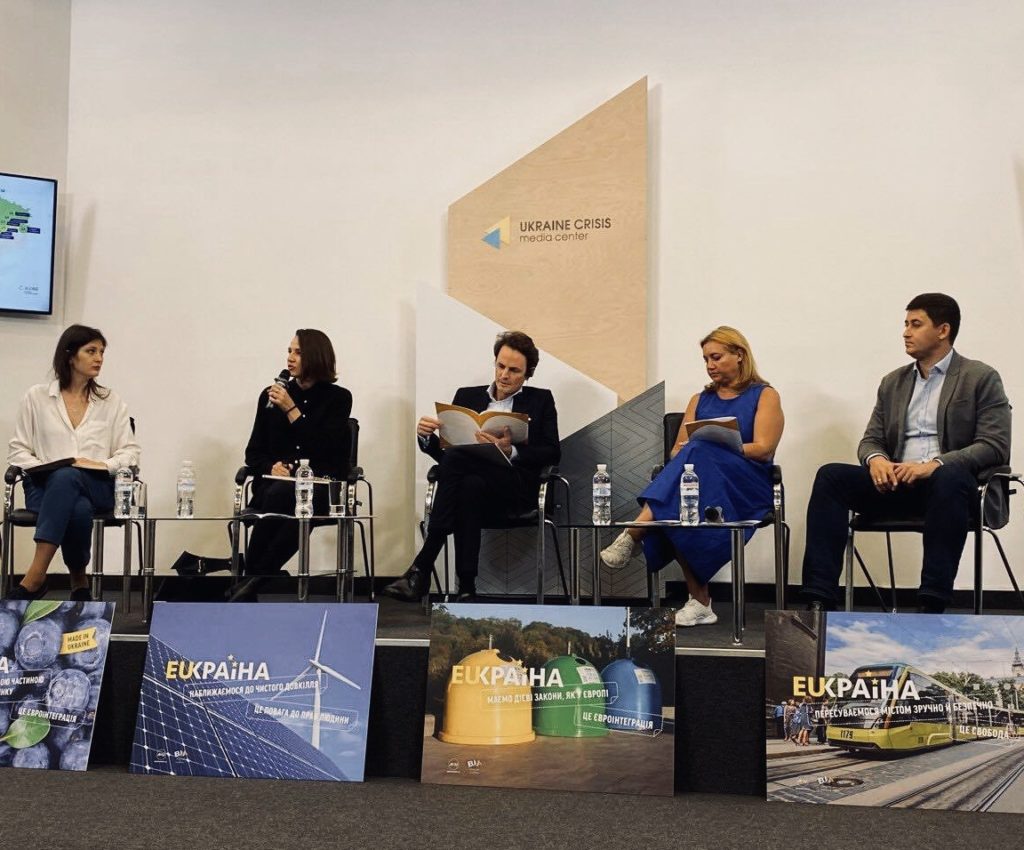Donetsk and Luhansk regions are difficult target audiences as far as European integration is concerned. Some of the reasons include low public support for European integration. How should one talk about European integration in Ukraine’s east for this topic to be unifying rather than controversial? What does “being a European” mean for local residents and how have attitudes towards the EU changed since 2014?
The New Europe Centre has found the answers. During the event, organized by the New Europe Center with the support of the Representation of the Friedrich Ebert Foundation in Ukraine, Kateryna Zarembo presented her research “European Donbas: How To Talk About European Integration in Donetsk and Luhansk Regions”.
- When it comes to discussing the European integration in all its aspects, Donetsk and Luhansk regions have always been different: lower public support for the European integration and high skepticism have been predominating for many years.
- The EU has a considerable soft power capacity in Donbas, even among those citizens who are against the European integration.
- Donbas is a region of collectives, public consciousness and public irresponsibility. To communicate the EU effectively there, it is necessary to work with the multipliers – people who have authority.
- To communicate the EU in Donbas effectively there is a need to have one centralized source providing very simple explanations of what the EU is and what benefits or damages it can bring to a particular region.
- People from Donetsk have a pragmatic approach to the EU: they want to know what are the practical benefits of this reform.
- A communication campaign on European integration should have a particular goal, we are to explain people how could they personally and the state as a whole benefit from the European integration.
- When communicating the European integration in Ukraine it is very important to speak about the co-responsibility of citizens, government and business as three components.
- Universities, especially in the eastern Ukraine, play a very important social role. They are the centers of public life, communicating, inter alia, the European integration processes to students and wider population.
Participants of the discussion:
- Kateryna Zarembo, associate fellow, New Europe Center
- Valeriy Kravchenko, director, Center for International Security
- Oksana Lemishka, SCORE Ukraine
- Fredrik Wesslau, Deputy Head, EU Advisory Mission to Ukraine
- Ivetta Delikatna, Association4U
- Svitlana Ahadzhanian, NGO “Tochka dostupu” (Kramatorsk/Druzhkivka)
- Inna Semenenko, Volodymyr Dahl East Ukrainian National University (Severodonetsk)
You can watch the video from the presentation of the paper here.
















